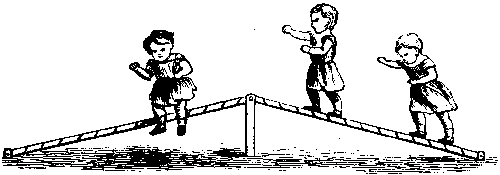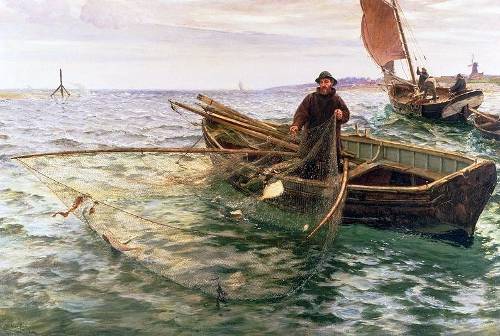curglaff
n. the shock felt on first plunging into cold water
Search Results for: in a word
In a Word
quadragesimarian
n. one who observes Lent
In a Word

paraph
n. a flourish after a signature
In a Word
pregustation
n. the act of tasting before another
On June 21, 1931, a brace of partridges was ordered from a poulterer at Aldershot, Hampshire, for delivery to the nearby bungalow of Lt. Hubert Chevis. A cook stored them in an open meat safe outside the building, then roasted them and served them to Chevis and his wife.
Chevis took one mouthful and said, “It tastes horrible!” His wife touched it with her tongue and pronounced it “fusty.” Both were taken ill within minutes, and Chevis died of strychnine poisoning early the following morning.
On the day of Chevis’ funeral, and before any story had appeared in the press, his father received a telegram that read “HOORAY. HOORAY. HOORAY.” The form had been signed with the name Hartigan and the address of a Dublin hotel, but no one by that name was found there.
When the Daily Sketch published a photograph of this telegram on Aug. 1, the editor received a postcard:
Dear Sir,
Why do you publish the picture of the Hooray telegram.
J. HARTIGAN
And Chevis’ father received a further postcard on Aug. 4:
It is a mystery they will never solve. Hooray.
J. HARTIGAN
He was right. Someone had found an opportunity to poison the birds between their arrival in a locked van and their being served, but Chevis had no known enemies and no one recognized the name Hartigan. The case has never been solved.
In a Word
lalochezia
n. emotional relief gained by using indecent or vulgar language
In a Word
pandiculation
n. the act of stretching oneself
In a Word

schoenobatist
funambulist
equilibrist
n. a tightrope walker
In a Word
contrist
v. to make sad
dolorifuge
n. anything that drives away pain
dedolence
n. absence of sorrow
In a Word
psilosopher
n. a superficial philosopher
In a Word

piscation
n. fishing
halieutics
n. a treatise on fish or the art of fishing
